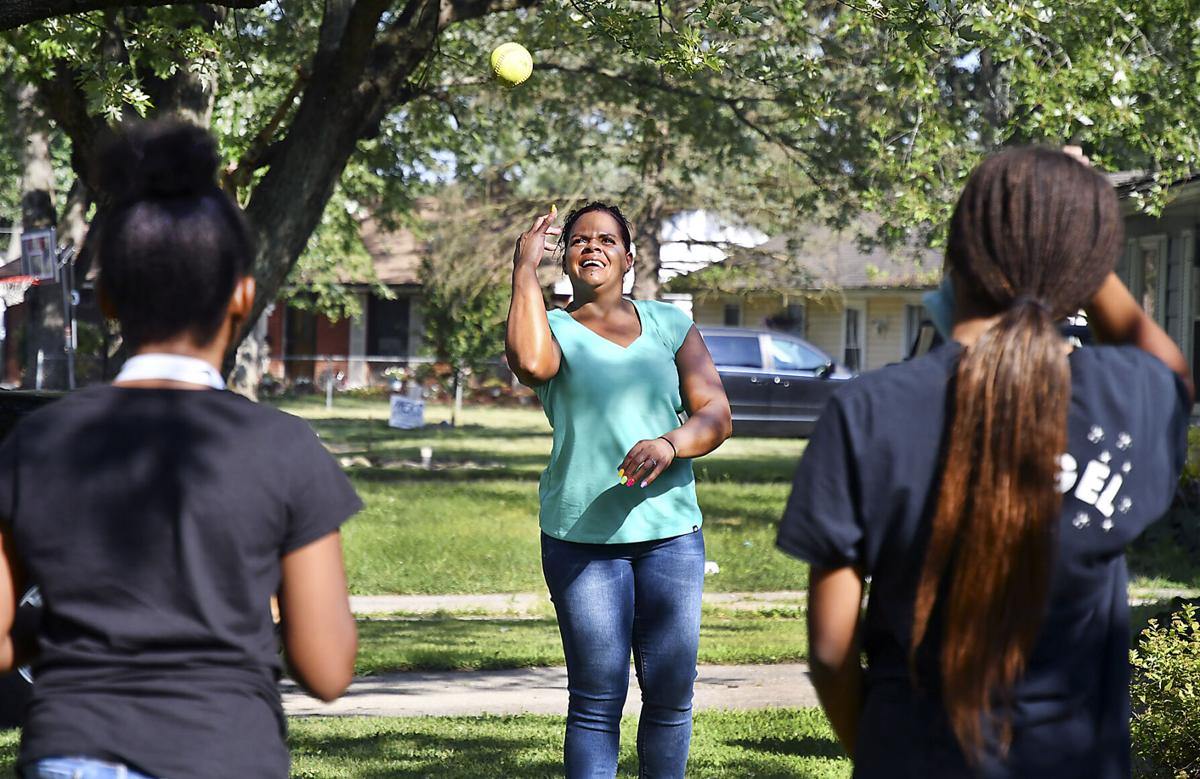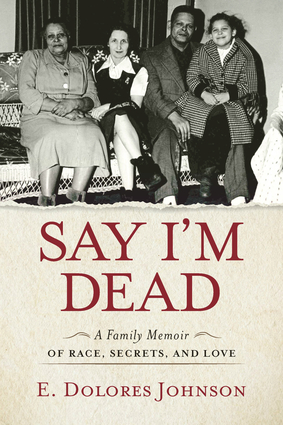As 2020 census winds up, multiracial Hoosiers reflect on 20 years of being countedPosted in Articles, Census/Demographics, Media Archive, United States on 2020-09-13 01:11Z by Steven |
As 2020 census winds up, multiracial Hoosiers reflect on 20 years of being counted
The Herald Bulletin
Anderson, Indiana
2020-09-12
INDIANAPOLIS – Gerry Lanosga, whose mother is Dutch/German and father is Filipino and Nicaraguan, doesn’t quite remember which box he checked when he completed the 1990 census.
Though he thinks of himself as multiracial/multiethnic, the associate professor of journalism history and investigative reporting at The Media School at Indiana University in Bloomington does recall there really was no way at the time for him to reflect that.
So, against his real feelings regarding his racial and ethnic identity, Lanosga said, he likely reported to the U.S. government that he was white. It fit more closely with how he believes his family lived, but it was not a satisfying response to the question, he said.
“I do think given my particular mix of things, when people talk about whiteness, that’s me, but that’s also not me in some ways,” Lanosga explained.
The U.S. Office of Management and Budget, which oversees the census, made things a little easier for people like Lanosga in late 1997 when it decided multiracial people would be allowed to check more than one race on the 2000 census…
Read the entire article here.


